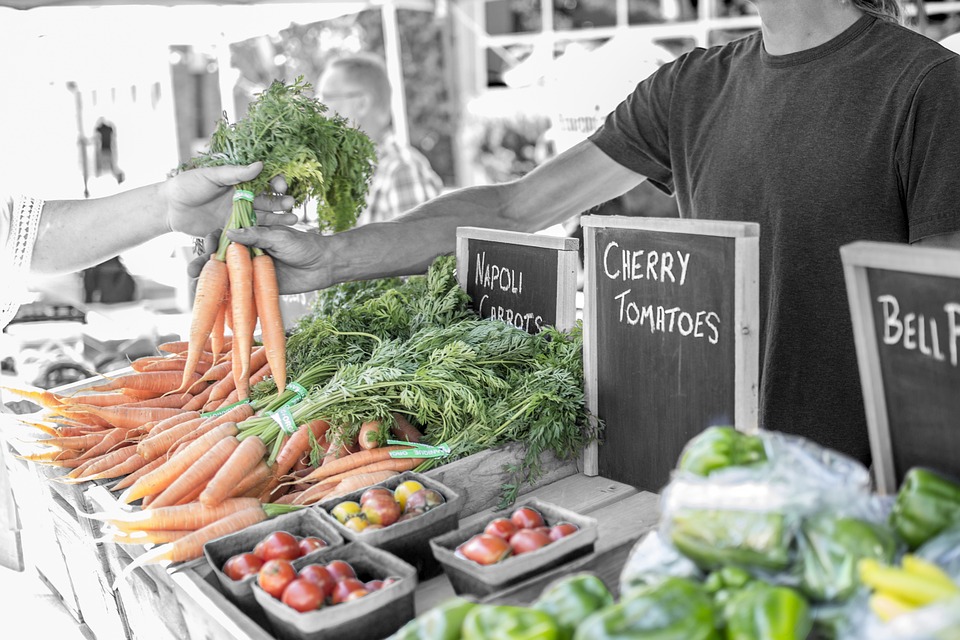The future is green, and I’m not just talking about the color of lush, thriving plants. As someone who has spent years living off the grid, I have come to appreciate the importance of sustainable farming and gardening in creating a better tomorrow. Sustainable gardening techniques not only provide a source of fresh, organic produce, but they also contribute to a healthier planet. In this article, I will explore some fun and upbeat sustainable gardening techniques that can be easily implemented, even for those living in urban areas. Let’s dive in and discover how we can all play a part in promoting a greener future for generations to come.
Sustainable gardening is all about working with nature to create a harmonious and self-sustaining ecosystem. It’s about minimizing waste, reducing our carbon footprint, and utilizing natural resources in a way that benefits both the environment and our communities. When I first started my journey into sustainable farming and gardening, I was amazed at the positive impact it had on my own life as well as the surrounding environment. From growing my own fruits and vegetables to implementing water-saving techniques, I have found joy and fulfillment in knowing that I am contributing to a healthier planet.
One of the fundamental principles of sustainable gardening is to use organic and natural methods to nurture the soil and plants. This means avoiding chemical pesticides and fertilizers that can harm the environment and our health. Instead, opt for natural alternatives such as compost, mulch, and organic pest control methods. By doing so, you can create a thriving garden ecosystem that is teeming with beneficial insects, microorganisms, and wildlife. Not only is this beneficial for the environment, but it also promotes a more balanced and resilient garden that can better withstand pests and diseases.
Another key aspect of sustainable gardening is conserving water, a precious resource that is often taken for granted. Implementing water-saving techniques such as drip irrigation, mulching, and collecting rainwater can significantly reduce water usage in the garden. Additionally, choosing drought-tolerant plants and practicing deep watering techniques can help plants develop stronger, more extensive root systems that are better equipped to withstand dry periods. By being mindful of water usage, we can ensure that our gardens not only thrive but do so in an environmentally responsible manner.
Incorporating permaculture principles into your garden design is another sustainable gardening technique that can have a long-lasting impact. Permaculture is all about creating self-sustaining, regenerative systems that work in harmony with nature. This can be achieved by planting a diverse range of edible and beneficial plants, creating habitat for wildlife, and utilizing natural patterns and cycles to guide garden design and management. By mimicking the resilience and efficiency of natural ecosystems, permaculture gardens can maximize productivity while minimizing inputs and waste.
One of the most fun aspects of sustainable gardening is experimenting with different techniques and methods to see what works best for your unique environment. Whether it’s companion planting, creating a wildlife-friendly habitat, or building a mini-ecosystem in a closed-loop aquaponics system, there are endless possibilities to explore. Embracing a spirit of curiosity and creativity can lead to innovative and effective solutions that benefit both your garden and the planet.
Pro tips:
– Start small and gradually expand your sustainable gardening practices as you become more comfortable and experienced.
– Connect with local gardening communities and share knowledge and resources to learn from others and contribute to a collective effort towards sustainability.
– Stay open-minded and be willing to adapt and adjust your techniques as you learn more about your garden and the environment in which you live.
In conclusion, sustainable gardening techniques provide an opportunity for individuals to make a positive impact on the planet while enjoying the many benefits of growing their own food and nurturing a healthy, thriving garden. By embracing organic methods, conserving water, and incorporating permaculture principles, we can create a better tomorrow for ourselves and future generations. The future is green, and the time to start making a difference is now. Let’s roll up our sleeves and get our hands dirty in the garden, knowing that each seed we plant is a step towards a greener, more sustainable future.



